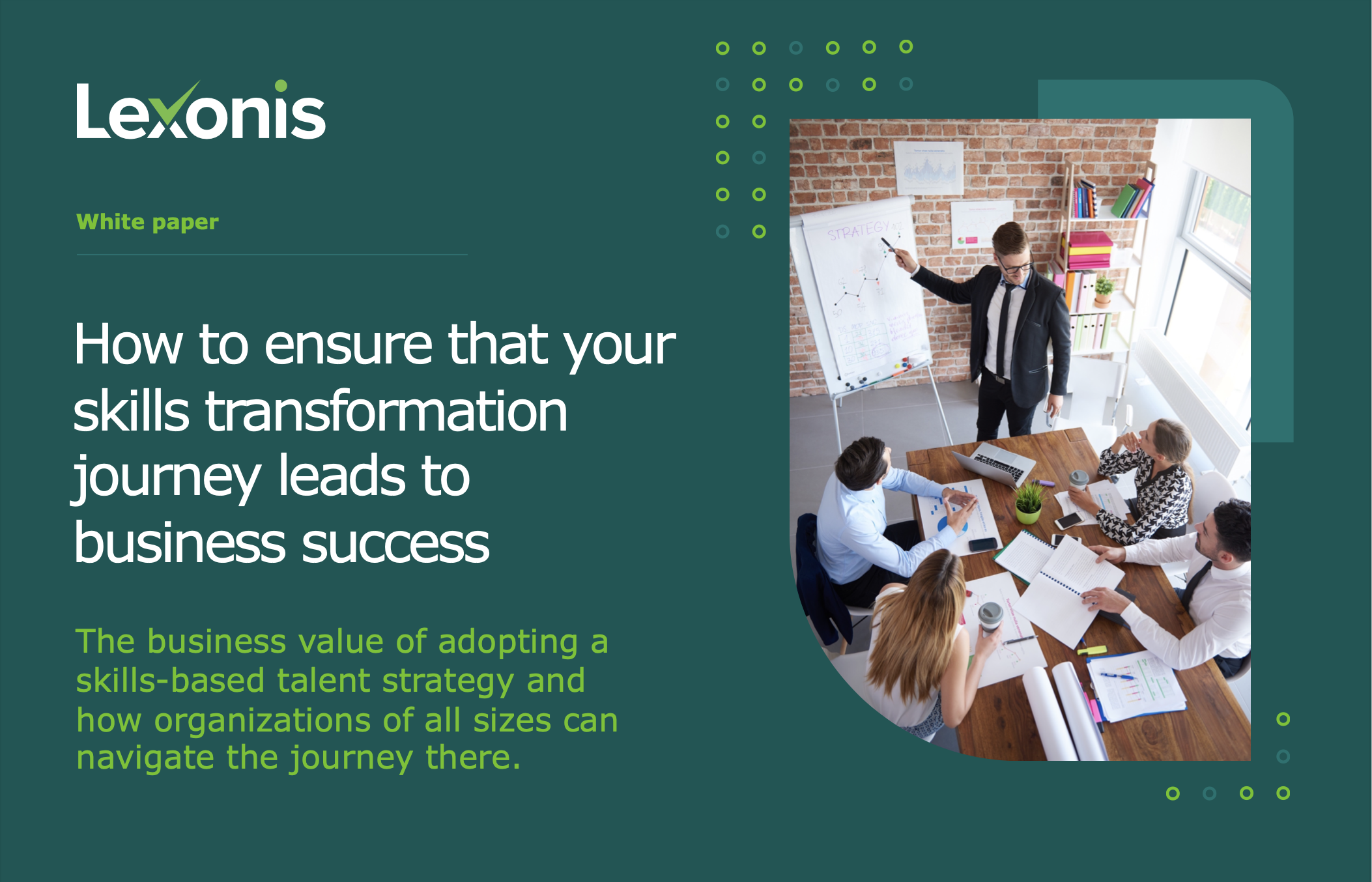Employee or Employer? Who Really is Responsible for Career Development?
You may also like

Skills Gaps
The Skills Gap: Time to Take Action
Learn more
There is a skills gap problem in the developed economies…

eBook
How to ensure that your skills transformation journey leads to business success
Learn more
The business value of adopting a skills-based talent strategy and…

Learning
Learning and Development Global Sentiment Survey 2024
Learn more
What is trending in workplace L&D this year? Are your…